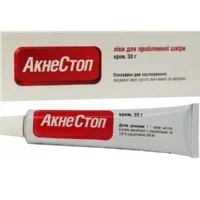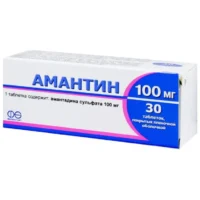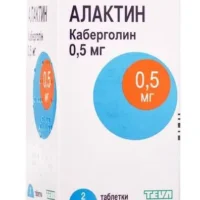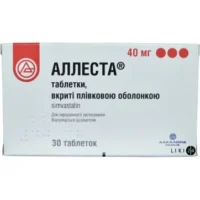Description
Propofol-Novo Suspension for Infusions 10 mg/ml – 50 ml Vial
Ingredients:
- Propofol-Novo suspension for infusions contains 10 mg/ml of propofol as the active ingredient.
- Other ingredients include soybean oil, glycerol, egg lecithin, and disodium edetate.
Dosage:
Propofol-Novo suspension for infusions is administered intravenously by trained healthcare professionals. The dosage is determined based on the patient’s weight, age, and medical condition.
Indications:
Indicated for the induction and maintenance of anesthesia in adult and pediatric patients.
Contraindications:
Contraindicated in patients with a known hypersensitivity to propofol or any of the ingredients in the formulation.
Directions:
Should be administered by healthcare professionals trained in general anesthesia. The infusion rate should be adjusted to maintain the desired level of anesthesia.
Scientific Evidence:
Propofol is an effective anesthetic agent with a rapid onset of action and a short duration of effect. Studies have demonstrated its superior recovery profile compared to other intravenous anesthetics.
Additional Information:
- Monitor patients closely for signs of respiratory depression and hypotension during and after administration.
- Adverse reactions may include bradycardia, pain on injection, and transient apnea.
Propofol-Novo suspension for infusions enhances the activity of the inhibitory neurotransmitter gamma-aminobutyric acid (GABA) in the central nervous system, resulting in sedation, hypnosis, and anesthesia. Comparative studies have shown advantages in faster recovery and lower incidence of postoperative nausea and vomiting compared to other anesthetics like thiopental.





